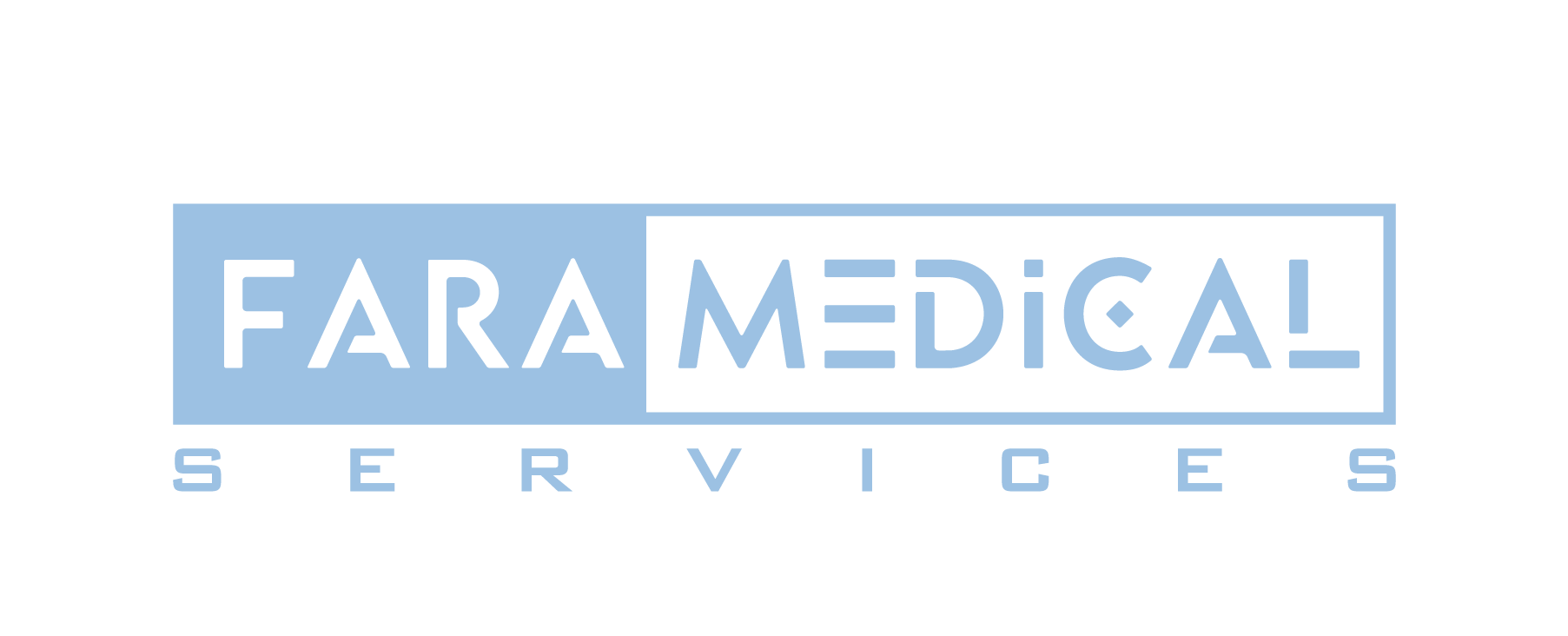Trauma. The word itself evokes a sense of fear, shock, and overwhelming emotions. Traumatic experiences can range from witnessing a violent event to experiencing emotional or physical abuse. While the specific details of a trauma may vary, the impact on mental and emotional well-being can be profound and long-lasting.
This blog post aims to shed light on the connection between trauma and mental health. We’ll explore how trauma can manifest, the different types of trauma, and the various ways it can affect your life. We’ll also discuss the importance of seeking help and offer resources for healing and recovery.
What is Trauma?
Trauma is an emotional response to a deeply disturbing or distressing event that overwhelms an individual’s capacity to cope. These events can be physical, emotional, or psychological in nature. While some traumatic experiences are readily identifiable, such as surviving a natural disaster or experiencing a violent crime, others can be more subtle, like chronic emotional neglect or prolonged bullying.
The Effects of Trauma on Mental Health
The impact of trauma on mental health can be diverse and complex. Here are some common ways trauma can manifest:
- Post-Traumatic Stress Disorder (PTSD): PTSD is a mental health condition that can develop after exposure to a traumatic event. Symptoms can include flashbacks, nightmares, intrusive thoughts, hypervigilance, and emotional detachment.
- Anxiety Disorders: Trauma can increase a person’s vulnerability to anxiety disorders such as generalized anxiety disorder, social anxiety disorder, and panic disorder.
- Depression: Trauma is a significant risk factor for depression, which can manifest as feelings of hopelessness, sadness, and a loss of interest in activities once enjoyed.
- Substance Abuse: Some individuals may cope with the emotional pain of trauma by turning to drugs or alcohol.
- Eating Disorders: Trauma can contribute to the development of eating disorders as a way of regaining a sense of control.
- Relationship Problems: Trauma can make it difficult to trust others and form healthy relationships.
- Chronic Physical Health Issues: Research suggests a link between trauma and chronic physical problems such as headaches, stomachaches, and sleep disturbances.

Types of Trauma
Traumatic experiences can be categorized into different types:
- Acute Trauma: This refers to a single, isolated event that causes significant distress, such as a car accident or a violent attack.
- Chronic Trauma: This involves repeated exposure to traumatic events over time, such as childhood abuse or neglect.
- Complex Trauma: This term refers to a combination of chronic trauma and developmental trauma, where a child’s basic needs for safety and security are not met.
The Healing Journey
If you’ve experienced trauma, it’s important to know that you’re not alone. Healing from trauma is possible, and there are resources available to help you on your journey. Here are some steps you can take:
- Seek professional help: A therapist experienced in trauma-informed care can provide you with tools and strategies to process your experience and develop healthy coping mechanisms.
- Join a support group: Connecting with others who have experienced similar struggles can be a source of validation, encouragement, and understanding. ● Practice self-care: Prioritize activities that promote your physical and emotional
well-being, such as mindfulness practices, exercise, and healthy eating. ● Build a supportive network: Surround yourself with people who care about you and offer emotional support.
Fara Medical Services: Your Partner in Healing
At Fara Medical Services, we understand the profound impact of trauma on mental health. We are committed to providing trauma-informed care that focuses on creating a safe and supportive environment for healing. Our team of experienced therapists utilizes evidence-based therapies to help individuals process their trauma, develop coping skills, and rebuild their lives.
Here’s how we can help:
- Trauma-Informed Therapists: Our therapists receive ongoing training in trauma-informed care, ensuring they have the knowledge and skills to support your healing journey.
- Individualized Treatment Plans: We develop personalized treatment plans tailored to your unique needs and goals.
- Compassionate Support: We create a safe and welcoming space where you feel comfortable sharing your experiences without judgment.

If you're struggling with the effects of trauma, we encourage you to reach out for help. You don't have to go through this alone.
Here are some additional resources:
- National Center for PTSD: https://www.ptsd.va.gov/
- The National Sexual Assault Hotline: 1-800-656-HOPE
- **The Crisis Text Line
Finding Hope and Building Resilience: Resources for Trauma Recovery
Remember, healing from trauma is a journey, not a destination. There will be setbacks and challenges along the way. However, with the right support and resources, you can build resilience and reclaim your sense of well-being. Here are some additional tips for your healing journey:
- Be Patient with Yourself: Healing takes time. Don’t get discouraged if you don’t see immediate results. Celebrate your progress, no matter how small. ● Practice Self-Compassion: Trauma can be a deeply damaging experience. Be kind to yourself and treat yourself with the same compassion you would offer a loved one who is struggling.
- Limit Exposure to Triggers: Certain sights, sounds, or smells can trigger memories of the traumatic event. Identify your triggers and develop strategies to avoid or manage them.
- Educate Yourself about Trauma: Learning about the effects of trauma can help you understand your experiences and normalize your reactions.
- Challenge Negative Self-Talk: Trauma can lead to negative self-beliefs. Challenge these thoughts and replace them with positive affirmations. ● Practice Mindfulness: Mindfulness practices like meditation can help you manage difficult emotions and become more aware of the present moment.
● Maintain a Healthy Lifestyle: Getting enough sleep, eating a balanced diet, and exercising regularly can all contribute to your overall mental and physical well-being.
Building a Support Network
Having a strong support system is essential for healing from trauma. Surround yourself with people who care about you, listen to you without judgment, and offer encouragement and understanding. This support network can include friends, family members, therapists, support groups, or online communities.
Here are some resources for finding a support group:
- The National Alliance on Mental Illness (NAMI): https://www.nami.org/Home offers a directory of support groups across the country.
- The National Center for PTSD: https://www.ptsd.va.gov/ provides information on finding PTSD support groups.
- The Jed Foundation: https://jedfoundation.org/ supports emotional health and suicide prevention for teens and young adults, and offers resources for finding support groups.
Fara Medical Services: Here for You Every Step of the Way
At Fara Medical Services, we are committed to your healing and well-being. We offer a variety of resources to support you on your journey, including:
- Free downloadable guide: Our guide “Healing from Trauma: A Journey of Hope and Resilience” provides information and practical strategies for coping with the aftermath of trauma. You can download this guide for free from our website.
- Blog posts and articles: Our website offers a wealth of information on trauma, mental health, and wellness. Explore our blog posts and articles to learn more about coping mechanisms, self-care practices, and the different treatment options available.
- Social media communities: Join our social media communities to connect with others who are on a similar healing journey.
Remember, you are not alone. If you’re ready to take the first step towards healing, contact Fara Medical Services today. We offer a free consultation to discuss your needs and answer any questions you may have. Call us at +1 (240) 606-9176 or visit our website at www.faramedservices.com to schedule an appointment.
Together, we can build a brighter future.
Fara Medical Services: Your Trusted Partner in Mental Wellness

